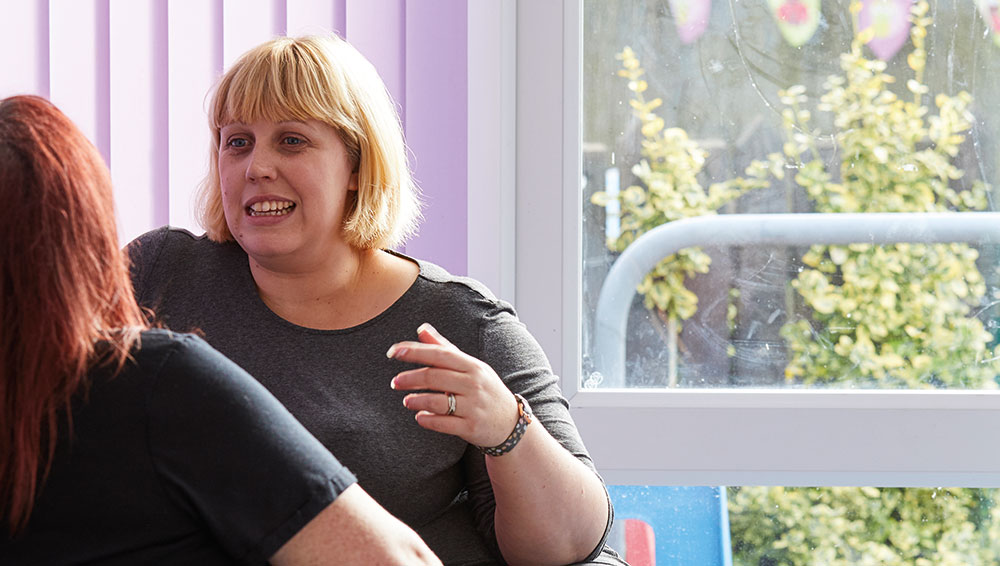Most readers of this blog will know what a serious social problem domestic abuse is. Governments have recently been recognising its importance, too. In 2019 the UK Parliament appointed Nicole Jacobs as the first Domestic Abuse Commissioner for England and Wales; in 2022 she was reappointed for a second three-year term. In 2018 the Scottish Parliament introduced new legislation in the form of the Domestic Abuse (Scotland) Act and 2021’s UK-wide Domestic Abuse Act created a statutory definition of domestic abuse.
The ONS estimates that 2.1 million people aged 16 and over (1.4 million women and 0.7 million men) experienced domestic abuse in the year ending March 2023. SafeLives estimates that more than 75,000 people in the UK are at high and imminent risk of being murdered or seriously injured as a result of domestic abuse1. This cohort is overwhelmingly female. Eight women a month are killed by a current or former partner in England and Wales.
One of the Domestic Abuse Commissioner’s first priorities was to “map” support providers in this sector. In 2021 she published a report called “Mapping Abuse Survivors”2. This identified 145 accommodation-based services and 304 community-based services.
Organisations like these tell us that being able to identify and then own their own properties helps to improve the outcomes they can achieve for the adults and children they support. However, the general shortage of housing across the UK makes it harder for them to find the kind of housing they need.
SASC has committed over £27m in the last five years to nine domestic abuse charities across England and Wales and we are hoping to work with several more including in Scotland. This money is funding the purchase of 232 properties which are expected to provide safe accommodation for more than 2,500 victims over the ten-year life of our funds, making SASC, we believe, the leading provider of flexible finance to the sector.
Working with Hull Women’s Network in 2017 to develop our supported housing offer was a key part of SASC’s development and we remain determined to help domestic abuse organisations continue their vital work.
Our Social and Sustainable Housing Funds have raised £97m to help social sector organisations buy properties to support their services. While the funds are not limited to the domestic abuse sector, it remains a key focus area for SASC.
1. SafeLives. (2023). Marac national dataset, SafeLives: Bristol.
2. Available at: https://domesticabusecommissioner.uk/wp-content/uploads/2023/02/DAC_Mapping-Abuse-Suvivors_Summary-Report_Feb-2023_Digital.pdf


